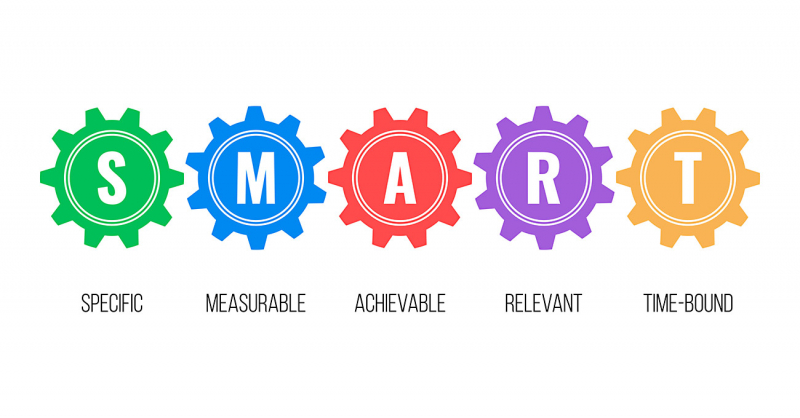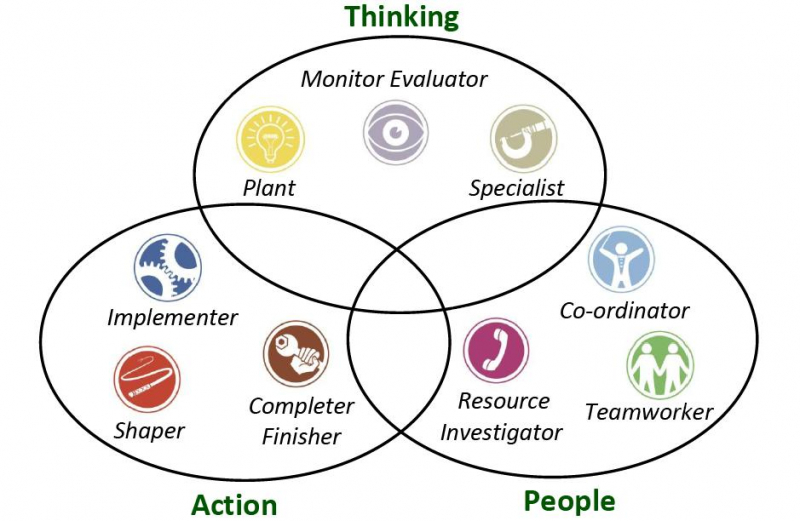The speaker was Anastasiya Gutsalova, a first-year student of the Molecular Biology and Biotechnology Master’s program at ITMO’s ChemBio Cluster. Anastasiya has participated in more than 19 international conferences and successfully completed two projects related to the development of biocompatible materials for regenerative medicine. She has two publications in the Scopus database and a series of victories in various competitions.
During the seminar, Anastasiya Gutsalova shared her experience of participating in grant competitions, revealed the secrets of writing a successful grant application, and talked about how to increase your chances of winning.

First steps
First, you need to know precisely why you want to take part in a grant contest. Receiving even a small grant is a very important line in the CV of any student or graduate; it is an expert assessment of your work and competencies. This increases your value as a specialist in the eyes of the scientific community and makes you stand out among other applicants, for example, when applying for a job at a research center or laboratory.
Any project starts with an idea proposed by an individual or a research team. At this stage, there are no clear formulations, detailed plans, and calculations yet. However, the idea is what matters most. Usually, an idea is born out of awareness of some existing and not yet resolved issue; the one that affects a large number of people.
The first questions you should ask yourself are: how relevant is your concept? Why did you create this project? And who needs your product? Relevance is the key. Before starting a project, you need to make an in-depth study of the existing work in the field, so that it will not turn out that you are reinventing the wheel. Otherwise, grantors will think that you are a completely incompetent specialist.

You have to define your target group and clearly understand the number of people, their common ground and issues. Moreover, all this data should not be taken off the top of your head, posts on social media, or marketing research, they should be confirmed by official sources and high-quality statistics.
Many applicants avoid this extra responsibility, but experts evaluate such applications lower. Why should they fund your project, if its value is not clear to the public?
You should also thoroughly review your capabilities. Do you have enough time and human resources? And what about your knowledge and competencies in this field? You should keep in mind that not everything can be thought ahead. What seemed to be an easy task at first may become a big problem. And the stages you thought would take a couple of weeks can stretch for months.
Any grant imposes strict obligations on project executors, and breaching the contract not only damages the image of the team, especially project managers, but also jeopardizes your chances of receiving grants in the future. That’s why you should be as careful and informed about this project as possible: consider in advance all the challenges that may arise during work, and figure out how you will get out of these situations, including force majeure.
Budget, deadlines, and results

One of the important sections in your application is a description of equipment, materials, information, and other resources, which will be purchased using grant money. It is important to plan your budget carefully, taking into account the salary of your employees, the cost of consumables (plus, their delivery to your lab), equipment maintenance, and the services of third-party organizations involved in the implementation of your project. Basically, you should have a clear picture of your future spending.
Your goals should be exact, analytic, and measurable. If you do not fully understand what you are striving for and what you want to get as a result, it will not be obvious to experts reading your application, too. Your project should have an aim and solve a specific problem, which, in turn, should be substantiated and represented in facts and statistics.
The problem defines the goal of the project. So, basically, it is a plan in pursuit of specific results. The goal should be realistic and achievable within the timeframe and budget stated in your application. Clearly, if you propose to create, for instance, invisibility hats, hardly anyone will take you seriously.

Tasks are more specific; these are steps we take toward the result. When planning, consider using the SMART scheme and check whether your tasks are specific, measurable, achievable, relevant, and time-bound. By analyzing your capabilities, competencies, and resources, you can better understand your strengths and weaknesses.
If your projects seem cumbersome and overwhelming, the board may start to question the attainability of the goal and your abilities to complete the project. So, in case you have a load of tasks and plans, try to break your project down into smaller milestones. The funding organizations strive to support projects that can be completed within the indicated time frame and on a limited budget.
Requirements and a catchy text

Any grant is, in fact, a competition just like a job or an internship interview. Therefore, you should always keep in mind that there are many other candidates who may be much cooler and more experienced than you. When experts evaluate your application, they can only conjure up an image of you based on the text you wrote. That’s why the application’s design plays a huge role: there should be no grammar and spelling mistakes, confusion, dead links, repeated lines, or extra spacing.
Your application has to appeal to the board as they go through numerous applications every day. So, it is best to pay more attention to the abstract and introduction, so that they logically lead to the main text. It should be an easy and exciting read, so avoid any complicated abbreviations, specific terms, and unwieldy sentences – all this will only complicate the expert’s work.

Note that your category defines who will evaluate your work. So, there is no need to go after trends or prestige and apply for categories, which have nothing to do with your scientific project. You cannot successfully perform in the field you know nothing about, even if you have funding. And if you classify your work as, for example, nanotechnology, then you may end up with an expert from a completely different field, who will not understand the specifics of your project. You should take the application process seriously: sometimes it is better to take some time and think it through than to rush into a specific competition. There are many funds and more than enough grants for everyone.
The funds place provisions and requirements for participating in grant competitions on their official websites, and it is crucial to strictly observe these standards. Even competitions within one foundation can have different requirements: while some want international teams as participants, others impose restrictions on the participation of foreign citizens, still others allow a certain number of students in a research team. These rules are constantly changing, so you need to closely examine the regulations each time.
Increasing your odds of success
One of the secrets to success is a clear division of roles depending on the strengths of each team member. For example, some excellently describe the results, others are good at finding problem areas, others systematize data well, and still others brilliantly summarize the work.
Multidisciplinary projects require people with different competencies. It is a good idea to involve each team member in writing the application: each compiles a literary review in their field of interest, makes a budget for all consumables, and so on. Then, all reviews are collected and read by one person, most often by the head of the research team.

Speaking of leaders, they are extremely important for a group. Practice shows that leaderless teams simply cannot work effectively and are doomed to fail even before the project is complete. Not to mention the fact that a student cannot apply for a grant and lead a project team on their own. There must be a supervisor who is competent enough to evaluate the idea, well-read enough to help the team write a literary review, and experienced enough to recommend scientific journals that can then publish their research.
As for applications, you should know that experts first pay attention to your potential. In case you have no background or competencies in the chosen field, it will be difficult to convince them that your team will achieve great results in the short term. This is pure competition, and your colleagues who have been working on the topic for many years have a greater chance to succeed. Most often, foundations need applicants to state the number of published articles in order to assess the level of their qualifications and expertise.
As we’ve said above, your project should be presented in a competent and accessible way. To achieve this goal, you should focus on preparation. Even highly-experienced scientists cannot write an application in a week, and beginners risk making many mistakes if they put off the work till the last moment.
And, finally, the main secret is to do what you really like – this is a sure way to success. By showing your interest and great desire, you can make a significant contribution to science and achieve your goals.





